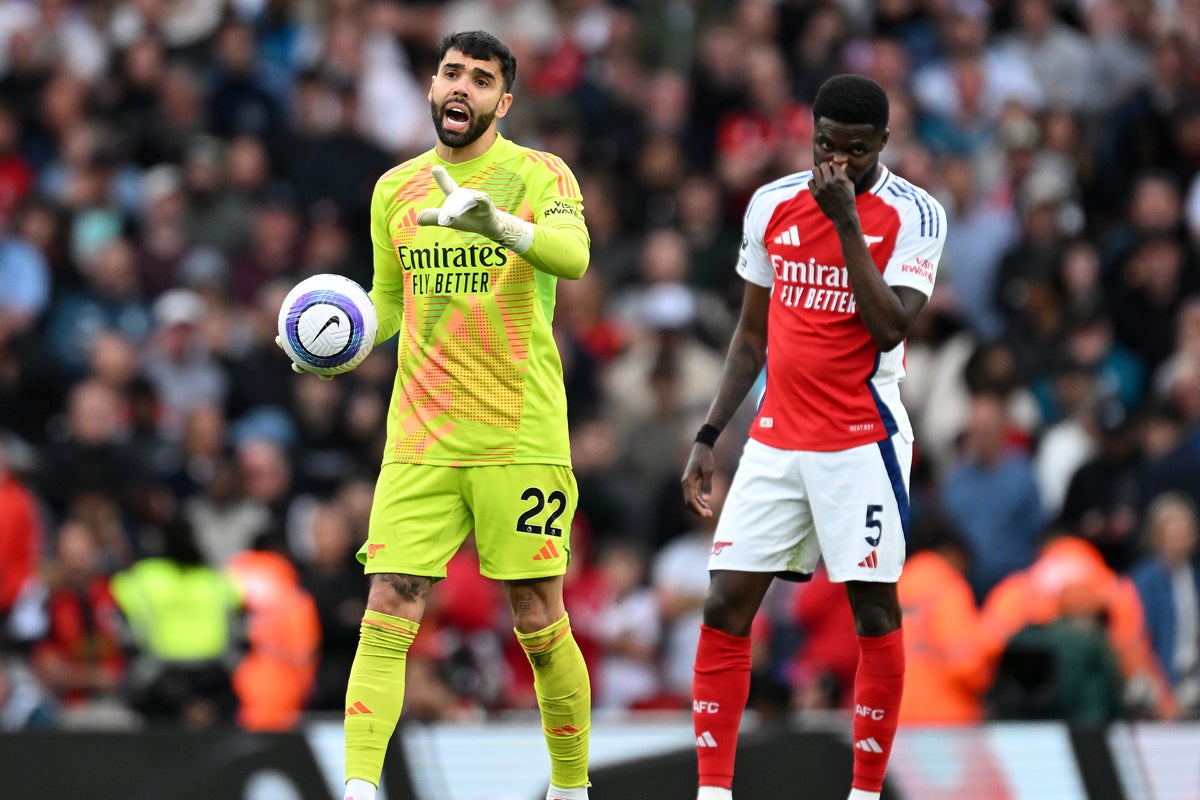ARTICLE AD BOX
One story dominates the elections held on May 1 in England: the dramatic Reform surge. The Runcorn and Helsby by-election was a stunning win for Nigel Farage’s party.
Labour’s 49th safest seat – supposedly safer than the prime minister’s – was hardly natural Farage territory. The town of Runcorn – Liverpool overspill mainly – makes up 60 per cent of the constituency.
Labour won more votes than all other parties combined in the general election of July 2024. Yet less than a year later, Reform has captured the seat, overturning a majority of 14,700 – albeit with the smallest ever by-election majority, beating Labour by just six votes.
This has delivered Reform its first woman MP, former Conservative councillor Sarah Pochin. Her arrival brings the party up to five MPs (a sixth having been suspended from the party earlier this year).
Do early by-elections matter, with the general election so distant? They can be a signal of what is to come.
Since the second world war, Labour has only once retained office at the next general election after losing a seat at a by-election less than one year after forming a government. A narrow loss to the Conservatives in Leyton in 1965 was sandwiched between 1964 and 1966 general election triumphs, but that was the exception to the rule.

The norm is for new governments to enjoy a honeymoon. No such joy for Keir Starmer’s Labour.
Farage has made what is being called an economic “left turn” in a bid to attract Labour voters. He continues to push for tougher immigration policies but is now also backing greater nationalisation, including for British steel.
Starmer benefited from intra-right tussling between the Conservatives and Reform in July – the split vote on the right contributed to his loveless landslide. But things look different now Reform has shown it can take on Labour and win.
And while the Conservatives were never in the running in this by-election, they’ve been damaged in their own way. Farage’s assessment was that “after tonight, there’s no question, in most of the country we are now the main opposition party to this government”.
Given that the Conservatives have 20 times the number of MPs as Reform, that’s a bold claim from Farage. But Reform has more members and is well funded.
Conservative Party leader Kemi Badenoch has compared her position to that of William Hague when he took over a Conservative party battered by Labour’s landslide win in 1997.
It’s a dismal vista. Hague was similarly crushed at the next general election. Yet for the Conservatives there remained the prospect of an eventual swing back of the pendulum. As the fragmentation of politics gathers pace under the Reform surge, there are now no such guarantees.
Badenoch’s closest leadership rival, Robert Jenrick, has made clear that the right of British politics, the Conservatives and Reform, will be obliged to unite or both will fail. They believe Reform has yet to be properly scrutinised and could fade.
Yet Reform may continue to upend the old certainties of the Conservative-Labour duopoly. British electoral politics have never been more fragmented and, in that context, Farage is the bookmakers’ favourite to be the next prime minister.
Jonathan Tonge is a Professor of Politics at the University of Liverpool
This article was originally published by The Conversation and is republished under a Creative Commons licence. Read the original article









 English (US) ·
English (US) ·